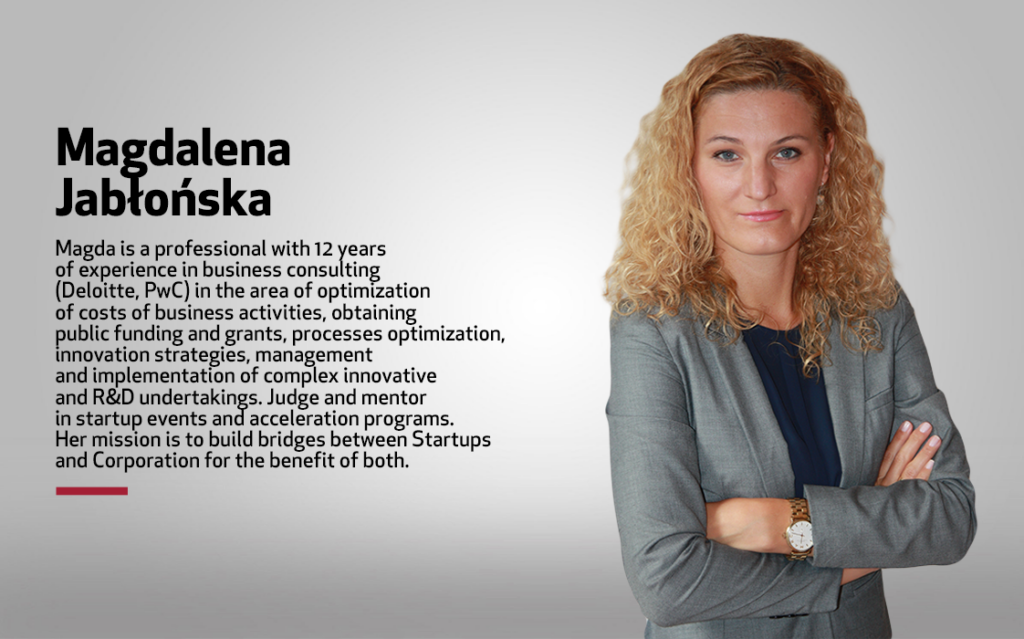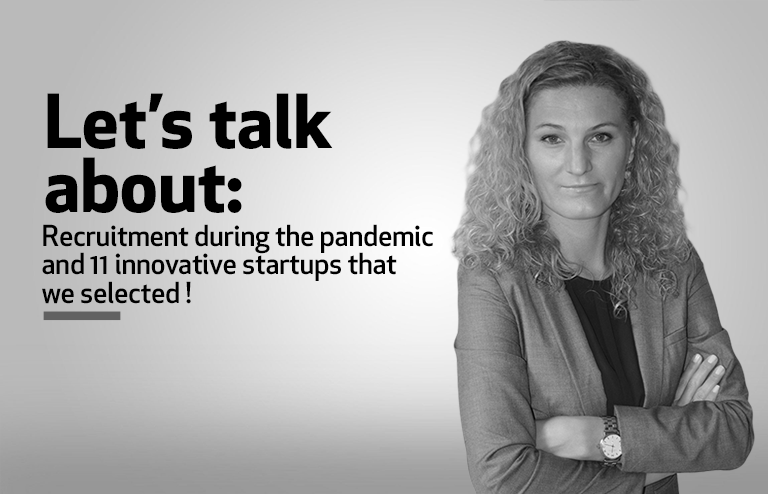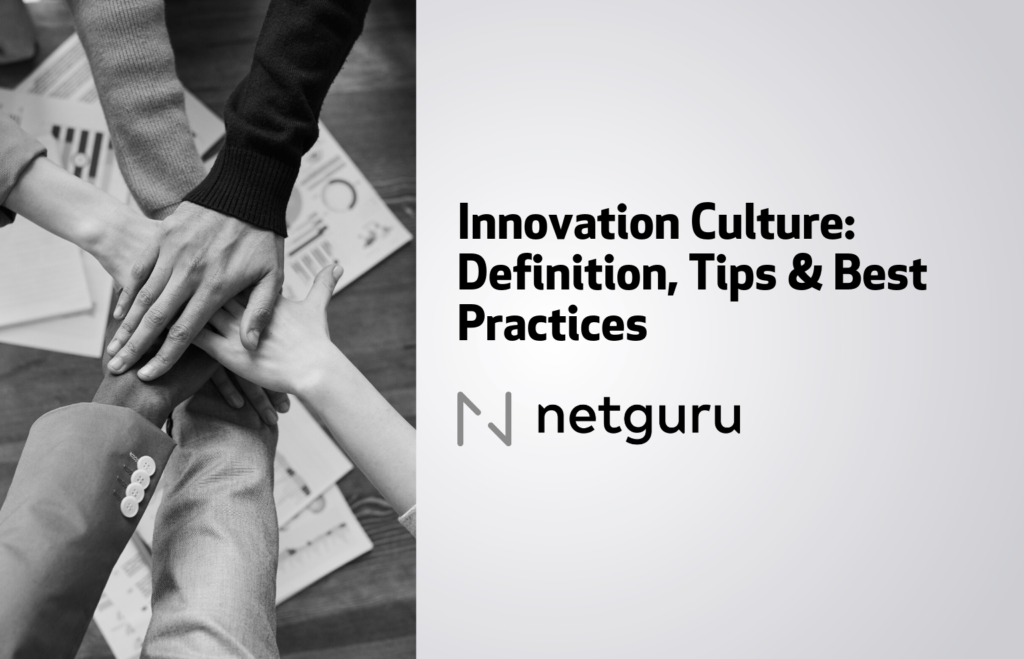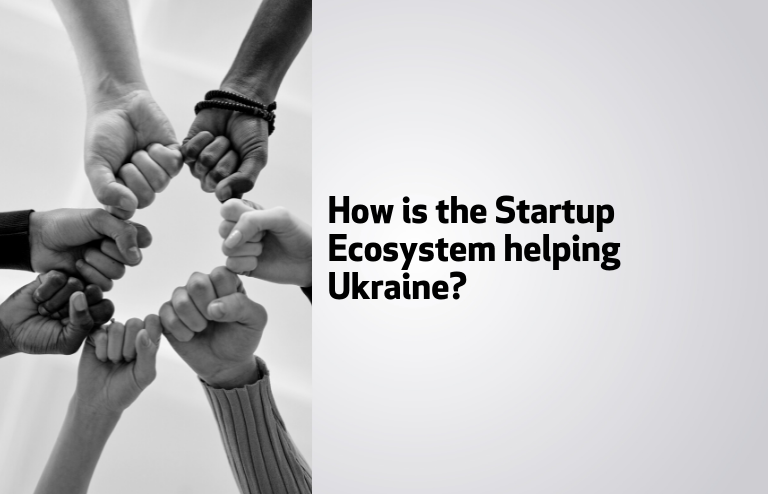On November 5, another group of carefully selected startups will start the MIT Enterprise Forum CEE acceleration program. It is the 4th edition, for which the accelerator team searched for exciting solutions in Central and Eastern Europe to address corporate partners’ challenges.
For the first time, the entire process, including recruitment, was carried out under the so-called lockdown conditions in many countries, market uncertainty, uncertainty about startups’ business, and verification of corporate partners’ needs. The accelerator team operated remotely and found itself in the new reality together with the whole world.
Even though the entire economy was in an uncertain situation, both our partners and startups in the CEE region focused on opportunities to build an even stronger organization that addresses the challenges resulting from the crisis. There are specific industries that maintained or even increased interest in solutions addressing certain fields, such as: Digitalisation of processes and services
- digital media
- healthcare
- cybersecurity
- sustainability, including green energy solutions and
- productivity software
which will be even more critical in the new reality than it was before.
Startups that have completed all the selection stages represent precisely these areas, which only confirms the general market trend.
This time, nearly 60% of applications came from outside Poland, with the largest number of startups from Romania and Ukraine. Still, there were also startups from countries outside of Europe such as Singapore, the USA, and India. It shows that the MITEF CEE accelerator is becoming recognizable worldwide, and the Polish market is becoming an interesting market for the development of startups also from ecosystems more matured than Poland or CEE. It is a good signal that our native ecosystem is becoming more competitive.
Among the positives of the new situation, which could be noticed during interviews with startups, was the fact that everyone was well prepared and 100% present during online meetings. Earlier, there were interviews with startups who happened to be on the go or dialed in from a cafe. My advice to everyone is that distracting environments plus unpreparedness produce poor results. Despite the full understanding of the work from home and having children in the background, it is worth ensuring the conversation’s right conditions to be productive and to make a positive first impression.
Over 50% of applicants were at product stage, 25% of them had already generated income or had first users and few of them were at the growth stage. Regardless of the level of product maturity, the innovative idea was adapted to new conditions, almost everyone, therefore, learned their first lessons from the crisis. There was also impressive progress in the works of those startups whose idea emerged in less than a year. It shows that on the battlefield, remain the ones who are the most determined and convinced that their product meets the needs of a sufficiently large market.
The difference between this acceleration and the previous ones is primarily the fact that we start it in the 2nd wave of the pandemic, possible lockdowns and conditions of full uncertainty. In such conditions, the verification of all business assumptions as part of the methodology of 24 steps of disciplined entrepreneurship, close work with corporate partners or the Future Lab workshop where we teach startups how to build action scenarios out of uncertainty become even more necessary.
This year’s events confirm that we live in interesting times.
